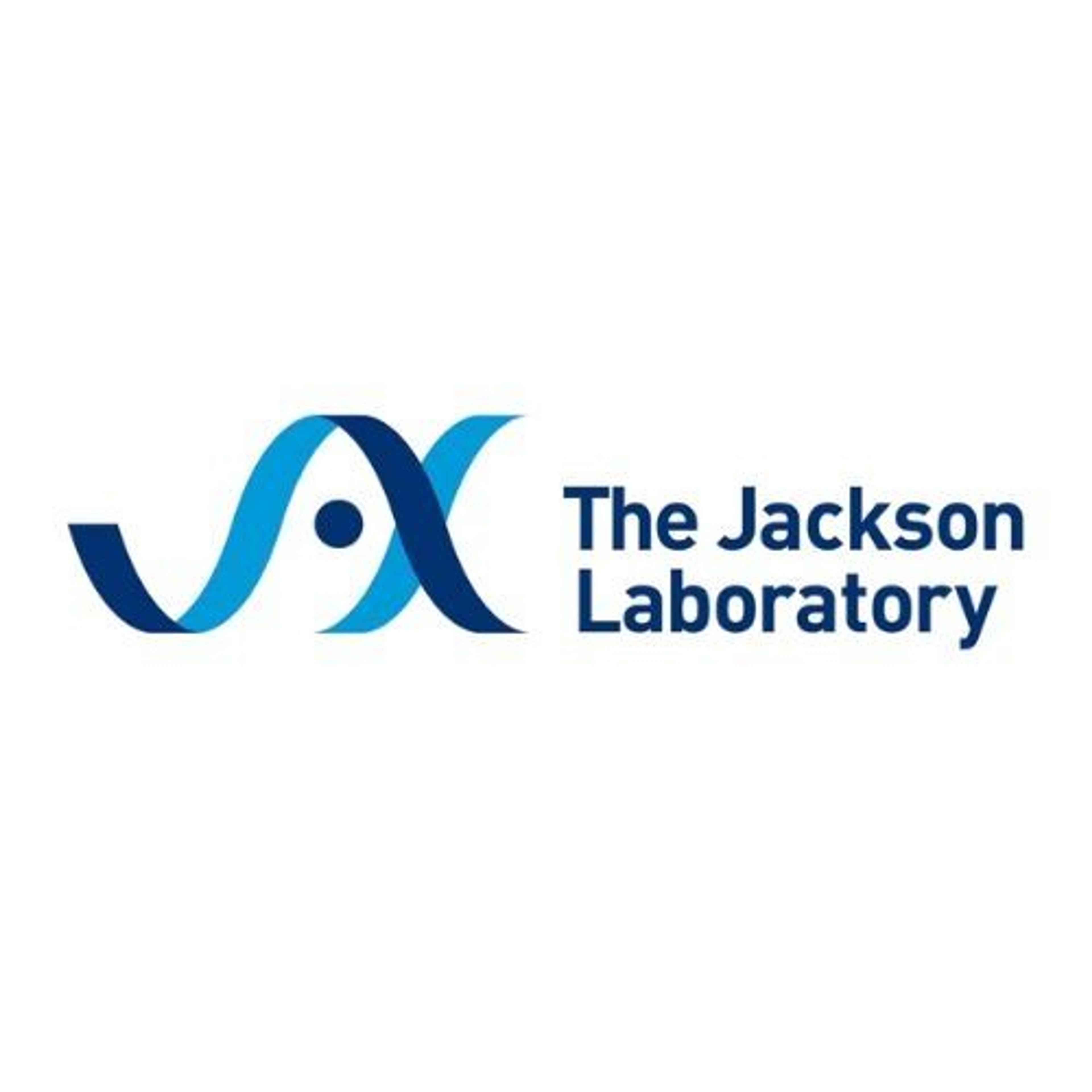Weathering the storm: A better way to predict cytokine release syndrome during drug development
The Cytokine Release Syndrome (CRS) Evaluation Studies platform by The Jackson Laboratory (JAX) aims to predict toxic adverse effects of immunotherapy drugs
18 May 2022

Immunotherapy drugs for cancer have revolutionized its treatment, but cytokine release syndrome remains a very dangerous risk associated with some of them. A lack of reliable animal models stymies the prediction of this adverse effect and presents a huge problem for drug developers.
In this article, we speak with Dr. Jiwon Yang, in vivo senior scientist, Innovation and Product Development, at The Jackson Laboratory about their CRS Evaluation Study that is working with drug developers to provide an innovative service to evaluate safety and toxicity and change the way that immunotherapies are developed.
The problems with CRS
CRS is an incredibly dangerous condition caused by a systemic immune response and is potentially fatal. CRS is a particular problem in the development of new cancer immunotherapies as they seek to stimulate the immune system beyond usual, naturally occurring challenges1. The difficulty for researchers developing new cancer treatments is a lack of suitable animal models to study CRS. With the rate of oncology drugs successfully achieving FDA approval calculated at less that 97%2 there is a great need for better models to help drug developers to develop effective and safe drugs.
Yang outlines the need for a new model to support drug development, “There are a lot of studies that successfully go through a series of preclinical trials, including in vitro assay using the cells or some sort. The drugs go through rodent studies and nonhuman primate without any problems. And finally, they enter the clinical trial, and a lot of drugs fail.”
The Jackson Laboratory has developed a novel CRS assay to address just this need. Their CRS Evaluation Study is highly flexible and is designed to evaluate the implications of cytokine release more accurately than previous models3. Their model utilizes immunocompromised mouse lines transplanted with human immune cells. The platform can potentially be tailored to a specific treatment or target group, providing accuracy and relevance.
Getting the answers, faster
Our CRS platform is very rapid. Depending on the study design, we can finish as fast as in six days, and it is reproducible.
Dr. Jiwon Yang The Jackson Laboratory
Not only is the CRS Evaluation study designed specifically to overcome difficulties in drug development, it is also more efficient. As Yang explains, “Our CRS platform is very rapid. Depending on the study design, we can finish as fast as in six days, and it is reproducible. We've tested the same drugs many, many different times with a different human immune system in the mouse. We've tested a number of bispecific antibodies and checkpoint inhibitors. So, our platform can be used to assess efficacy and toxicity in the same mouse all together.”
Toxicity in drug trials can mean more than fatal CRS. Organs can also be affected, leading to the same impact – a drug that fails its trials. This too can be detected by the CRS System, as Yang illustrates, “Our model catches the downstream toxicity, for example, liver toxicity, or lungs. So even if a specific drug does not cause rapid CRS, if the drug causes any organ failure, our platform may be able to catch it.”
This might have implications for the design and running of trials to ensure maximum efficiency. Yang explains, “Our mouse model also captures an individual difference. This is important because every person reacts differently to the same therapies – for example, if you get treated with a certain drug, you might have great efficacy with minimum toxicity but if I get treated with the same drug, I might see a huge toxicity with no efficacy at all.”
Yang continues, “If any drug enters clinical trial, we can potentially help in selecting clinical trial candidate polls. We can draw a little bit of blood from the candidates and pre-screen them – it only takes six days, and our ultimate goal would potentially tell the drug developers whether they should focus on particular populations because others will not have any benefit from their drugs."
Going further than prediction
JAX want to develop the CRS Evaluation Study even further to support successful drug development. As Yang attests, “We are rapidly expanding our platform. We have tested a number of bispecific antibodies and checkpoint inhibitors, and a combination of those or with other therapies as well. Our next goal is to extend this to cell therapies such as Chimeric antigen receptor T (CAR T) therapies.”
These ambitions extend to developing models of clinical relevance – ensuring that the toxic adverse effects seen in drug development can be mimicked in their model, enabling researchers to look at specific markers of toxicity and engineer these out of drug candidates. This could reduce the cost and time it takes for a new drug to be developed, as old drugs could be improved upon. Yang proposes, “If there's any drug that failed in clinical trials, maybe we can bring that back into our animal model, replicate that, see what went wrong, and how can we fix it.”
The risk to individual drug recipients is not the only difficulty faced when toxicity is found. Failure of a drug comes at a high price and uses precious resources. The CRS Evaluation Study could help to reduce all these risks. Yang concludes, “If scientists or drug developers use our in vivo study, and if they know that their drug will potentially cause a massive adverse effect or no efficacy, they don't have to waste their resources – not just money, but time and, most importantly, healthy volunteers or patients. They could potentially stop, go back, modify whatever they need to and adjust, and then retry. That's our ultimate goal; to help the community.”
References:
Lee, D et al. (2014). Current concepts in the diagnosis and management of cytokine release syndrome. Blood 2014 Jul 10;124(2):188–95. doi: 10.1182/blood-2014-05-552729.
Wong, C.H., Siah, K.W, & Lo, A.W. (2019). Estimation of clinical trial success rates and related parameters. Biostatistics 2019 April;20(2):273–286. doi: 10.1093/biostatistics/kxx069.
https://www.jax.org/jax-mice-and-services/in-vivo-pharmacology/safety-and-efficacy-assessment

